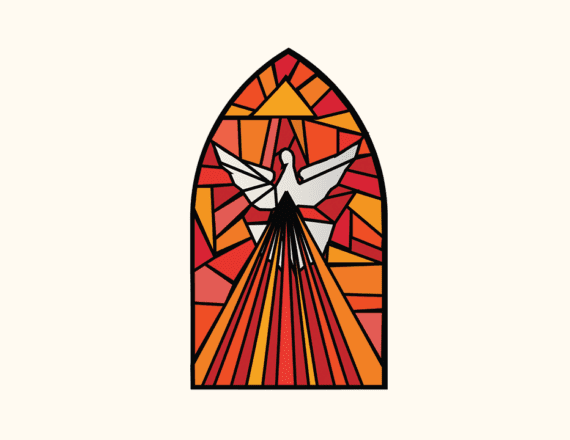“Now the priest of Midian had seven daughters: and they came and drew water and filled the troughs to water their father’s flock. And the shepherds came and drove them away: but Moses stood up and helped them and watered their flock.” Exodus 2:16-17
This month is Women’s History Month and last month was Black History Month. The Bible offers opportunities to see alignment of these observances for today. One illustration of this is the story of Zipporah, her sisters, and Moses in Exodus 2:16-17.
More specifically, Exodus 2:16-17 is one of several illustrations of the leadership women played in Moses’s life. While the stories of Moses’s leadership are often visible, the leadership of the women, and especially African women, related to Moses are most often marginalized, less visible, and erased—but are still important.
For example, Moses’s mother, Jocabed, his older sister, Miriam, and an African princess from Egypt, Bityah, were key actresses in the deliverance story of Moses’s life that later led to him being available for his leadership in the deliverance story of the Hebrew people. These courageous and loving women ensured the safe keeping of Moses’s infant life and prosperity with an African (Egyptian) princess who also raised him. They, like the midwives mentioned earlier in Exodus, protect Moses from the edicts of the Egyptian government to snuff out the lives of the boy children under the age of 2.
In the case of Zipporah—another woman from Africa who later becomes Moses’s wife—we see Moses’s entry with Zipporah and her sisters. This is another pivotal point in Moses’s life when he becomes a fugitive but finds deliverance with a new home away from the capture of the Egyptian government after having stepped in to protect the life of a fellow Hebrew. Moses is delivered but then also intervenes to deliver Zipporah and her sisters from the intruders who seek to do harm. It is after this that Jethro, the father of Zipporah and the sisterhood, gives Zipporah to Moses as his wife. Later we also see where Zipporah saves Moses’ life in Exodus 4:24.
The marriage of Zipporah and Moses provides a familiar illustration of deliverance today. The shepherd’s life, care of the land, planting, gleaning, and preparation of the food—as well as the sales of such at the market—are works of the sisterhood from rural areas in Africa and elsewhere today and historically. Women who are strong, resilient and defenders of their family lands and farms. Today there is an increasing number of women of African descent who are becoming farmers.
Policies included in our Nourish Our Future legislative agenda accompany the resilience and delivery of care, love, and protection by these women. Bread for the World is committed to working alongside women as we advocate for policies that directly impact them.
Angelique Walker-Smith is senior associate for Pan African and Orthodox Church engagement at Bread for the World.



